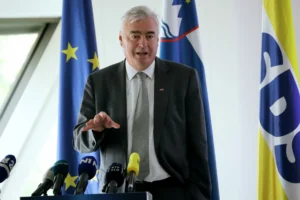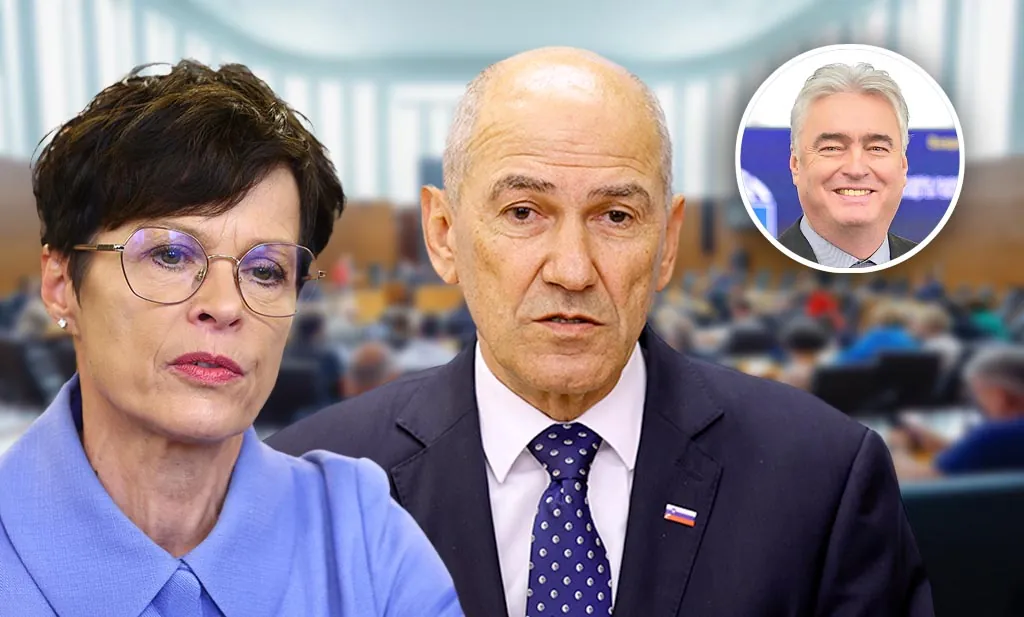Slovenian Member of the European Parliament, Milan Zver, has sent an official request to the European Commission to take action under Article 265 of the Treaty on the Functioning of the European Union after Commissioner Marta Kos said in an interview with Mladina magazine that she did not want Janez Janša to return to power in Slovenia. In his opinion, this is a clear violation of the rules requiring political neutrality from members of the Commission.
“Such a statement is in clear contravention of the provisions of Article 17(3) of the Treaty on European Union, which requires members of the Commission to be completely independent, impartial, and restrained in expressing their opinions,” MEP Dr Milan Zver warned.
He also pointed out that the Code of Conduct for Commissioners expressly prohibits political interference and the expression of personal preferences regarding the outcome of elections in Member States.

In response to one of his parliamentary questions, the Commission acknowledged that Commissioners may express personal opinions, but only in a manner that does not undermine their independence and the reputation of their office. However, according to MEP Zver, the Commission has not carried out any internal assessment or taken any action regarding this case.
He therefore called on the European Commission to:
– officially assess the appropriateness of Marta Kos’s statement,
– take appropriate measures, whether internal proceedings, a public statement, or an ethical assessment,
– provide a clear institutional definition of whether such conduct is consistent with the Treaties and the Code of Conduct for Commissioners.
What happens next?
If the Commission does not respond to Zver’s request, the MEP can bring an action for failure to act before the Court of Justice of the European Union. This is a legal instrument that allows citizens, institutions, and MEPs to require the Commission to fulfil its obligations. If successful, the Court could find that the Commission is in breach of the Treaties and force it to take action.

Is the EU the new Soviet Union?
The statement was so typical of the Slovenian left that no one on the right even paid attention to it, as political agitation against the leader of the opposition, Janez Janša, is practically the central political issue for every left-wing politician. However, MEP Zver pointed out that this is not just some insignificant politician from the ruling party, but a European commissioner – the head of a department representing almost half a billion Europeans.
As such, she cannot, of course, take a position on who she wants to see in power in any specific country of the European Union. The essence of Brussels’ policy is supranationality and neutrality with regard to matters of national or local political interest. The EU was primarily created as an economic union of countries that share specific interests. As soon as European officials start dictating who they want in power, they are negating the basic purpose of the Union as conceived by Monnet, Schuman, and Adenauer – that is, a union of economic and social corporations – and turning it into a globalist supranational government like the Soviet Union.
I. K.


